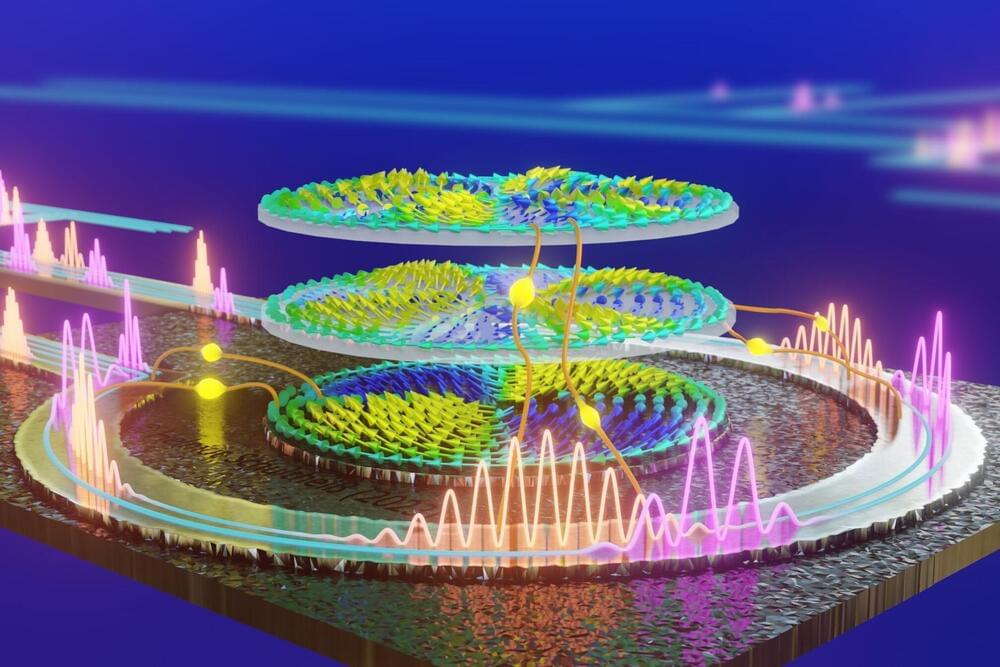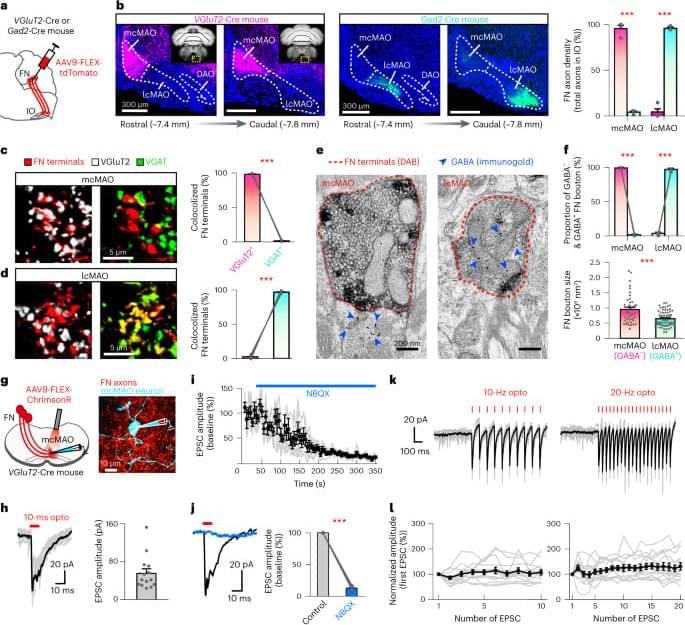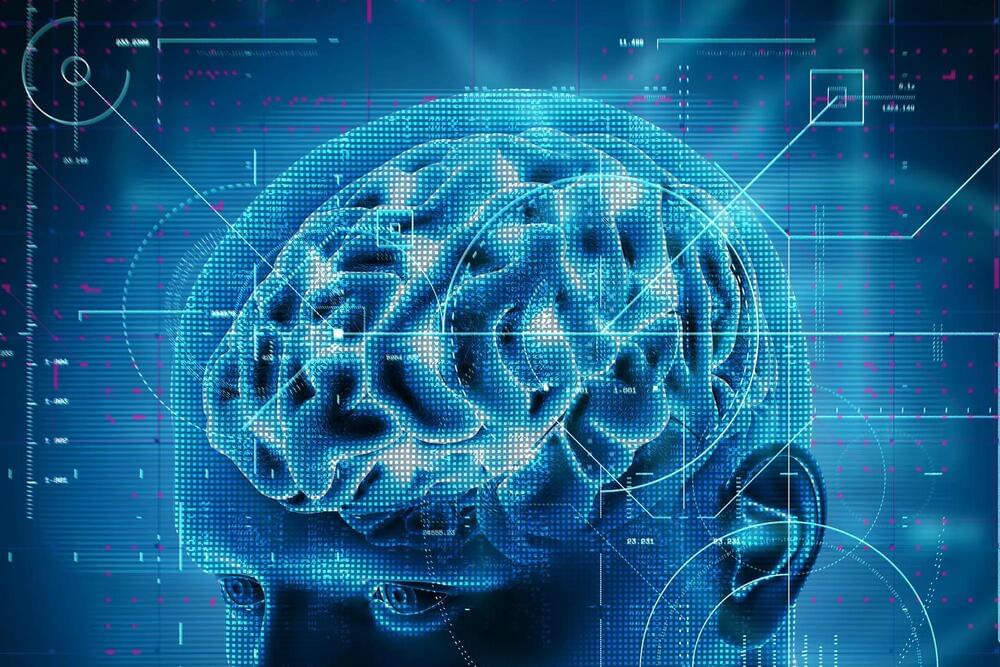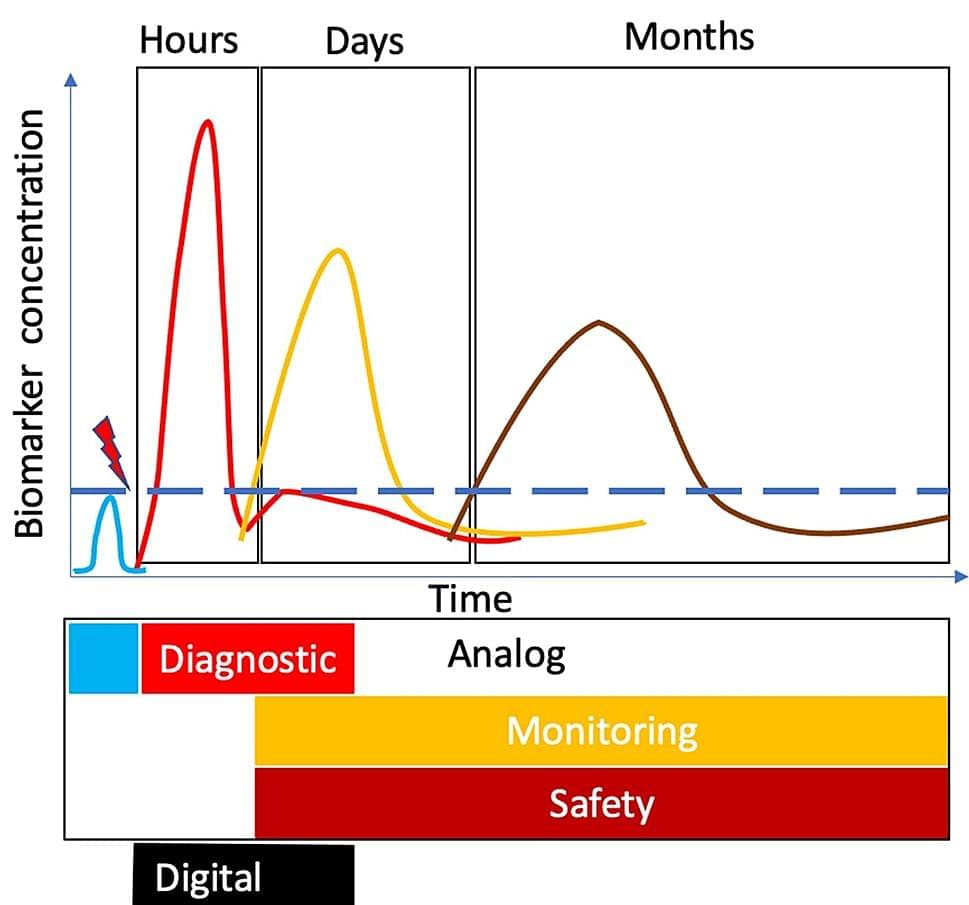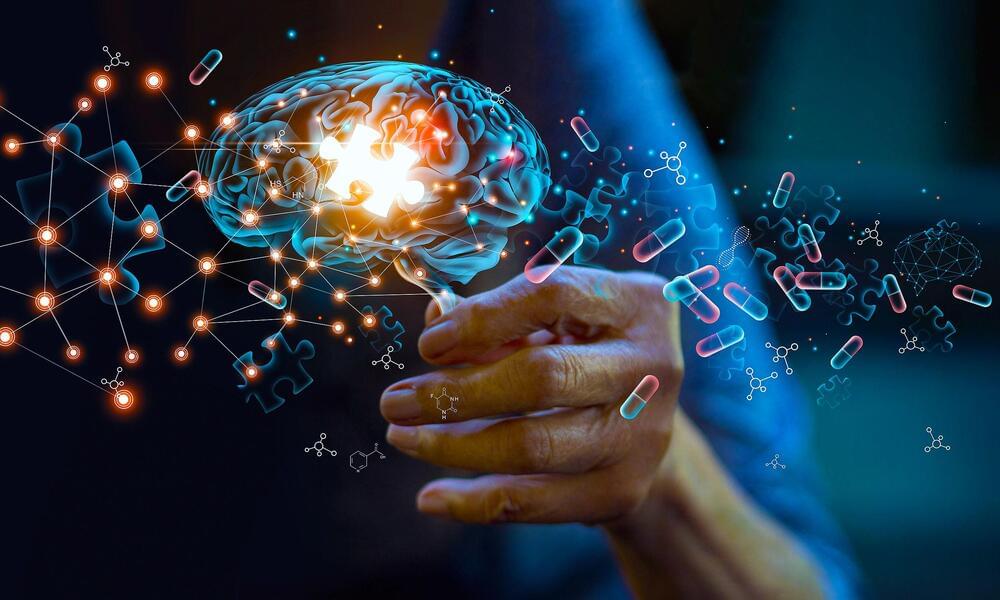Watch more interviews on the mystery of consciousness: https://t.ly/zGDTU
Consciousness is what we can know best and explain least. It is the inner subjective experience of what it feels like to see red or smell garlic or hear Beethoven. Consciousness has intrigued and baffled philosophers. To begin, we must define and describe consciousness. What to include in a complete definition and description of consciousness?
Free access to Closer To Truth’s library of 5,000 videos: https://closertotruth.com/
Support the show with Closer To Truth merchandise: https://bit.ly/3P2ogje.
Russ Hurlburt is a professor of psychology at the University of Nevada, Las Vegas. He received his PhD in clinical psychology from the University of South Dakota.
Register for free at CTT.com for subscriber-only exclusives: https://bit.ly/3He94Ns.
